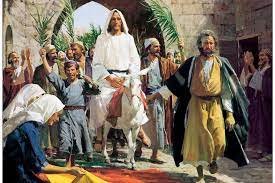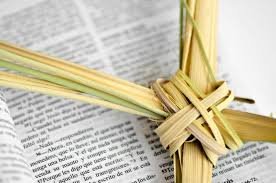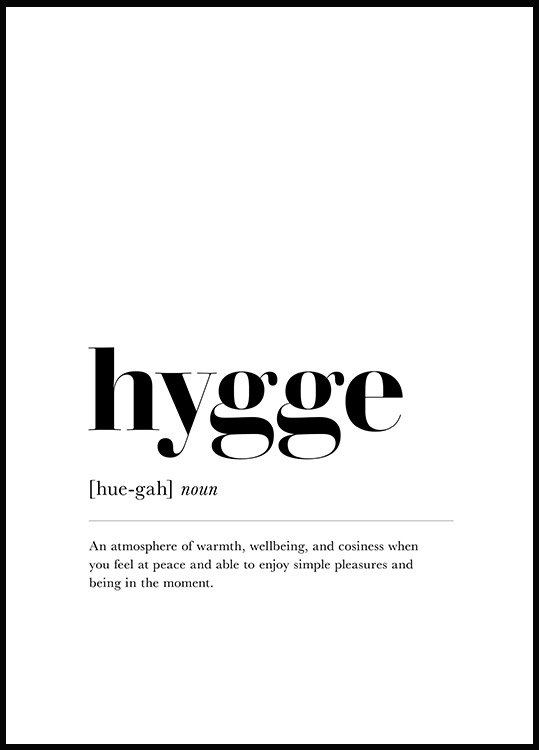Today Christians of many faith traditions gather to begin the solemn celebrations of Holy Week – sometimes referred to as the Triduum. It is the celebration of the death and resurrection of Jesus Christ. Many of us who take part in this extended sacred feast, have parts we like and other parts we find difficult to move through - and even that may change for us from year to year.
Of course, the liturgies of these days focus on the Scriptural texts which are both historical and theological and spiritual. We probably all know the flow of the historical events as recounted in the Gospels of Matthew, Mark, Luke and John. But these days are more than an historical remembering. They have application and meaning today for each of us who try to understand how God is acting in us and in our world today. We need to understand that God’s action is still with us as we seek to respond to the woes and agonies of today.
“We need to understand that God’s action is still with us as we seek to respond to the woes and agonies of today.”
Today on Maundy Thursday many begin with a special supper, as Jesus and disciples did around the Seder supper. I know that in my mind it is easy to slip into an “audience mentality” and watch the story unfold. But much more is happening here. I am being invited to see this story unfold with God’s eyes in my life and in our world today. I am being invited to borrow God’s senses. Therefore, this is not a forced experience, but a grace that is offered. So God may offer us in some way, the capacity to see with God’s eyes, hear with God’s ears, and speak with God’s mouth, and love with God’s heart.
As we look around the world, and see the pain and suffering of so many, the deeper meaning is not to despair because of the pain and suffering and loss of so much, but to see it all with the eyes of love – the eyes of God. This is a radical stance. It is for me a grace and the invitation is to discover how God is inviting us to learn the meaning of hope. As we remember together and ask to see this time with God’s eyes.
Sister Joan Atkinson, CSJ










